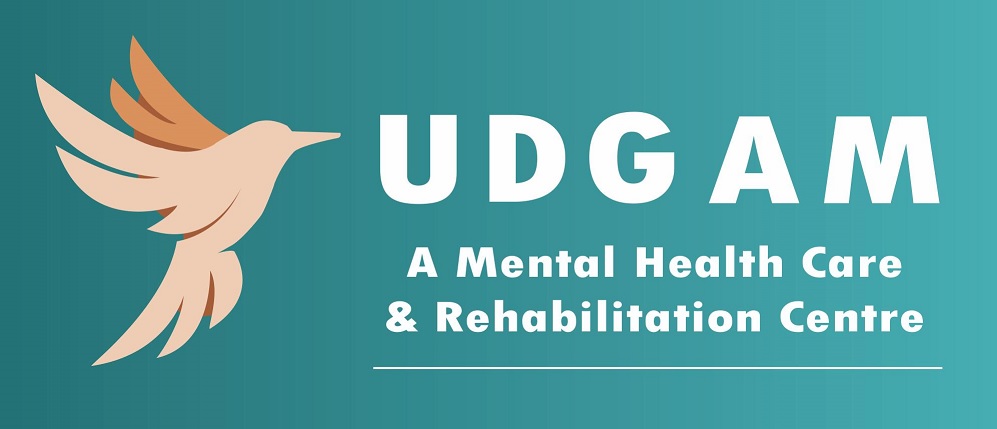 Bipolar disorder, formerly known as manic-depressive illness, is a mental health condition characterized by intense mood swings, oscillating between manic highs and depressive lows. The comprehensive treatment of bipolar disorder encompasses a multifaceted approach, combining medication, psychotherapy, and lifestyle adjustments. It's crucial to recognize that the individualized nature of treatment plans is influenced by factors such as symptomatology, condition severity, and other individual considerations. Here's an exploration of the key elements in the treatment of bipolar disorder:
Bipolar disorder, formerly known as manic-depressive illness, is a mental health condition characterized by intense mood swings, oscillating between manic highs and depressive lows. The comprehensive treatment of bipolar disorder encompasses a multifaceted approach, combining medication, psychotherapy, and lifestyle adjustments. It's crucial to recognize that the individualized nature of treatment plans is influenced by factors such as symptomatology, condition severity, and other individual considerations. Here's an exploration of the key elements in the treatment of bipolar disorder:
Medication:
Mood Stabilizers:
Prescribed medications like lithium, valproate, and lamotrigine play a pivotal role in stabilizing mood and averting manic or depressive episodes.
Antipsychotics:
Atypical antipsychotic medications such as quetiapine, olanzapine, and risperidone are employed to manage symptoms during manic or mixed episodes.
Antidepressants:
Caution is exercised in prescribing antidepressant medications to manage depressive symptoms. These are often used in conjunction with mood stabilizers to prevent triggering manic episodes.
Psychotherapy:
Cognitive-Behavioral Therapy (CBT):
CBT aids individuals in identifying and reshaping negative thought patterns and behaviors. It also facilitates the development of coping strategies for managing mood swings.
Interpersonal and Social Rhythm Therapy (IPSRT):
This therapy focuses on regulating daily routines and enhancing interpersonal relationships to contribute to mood stabilization.
Lifestyle Changes:
Regular Sleep Patterns:
Maintaining a consistent sleep schedule is imperative, as disruptions can trigger episodes. Establishing a stable sleep routine is integral to managing bipolar symptoms.
Stress Management:
Learning effective stress management techniques, including mindfulness and relaxation exercises, is beneficial in minimizing the impact of stressors.
Healthy Lifestyle:
Adopting a holistic approach involves incorporating regular exercise, maintaining a balanced diet, and abstaining from alcohol and recreational drugs, fostering overall well-being.
Support Groups:
Participating in support groups or group therapy provides individuals with bipolar disorder a platform to share experiences, gain insights, and receive support from peers navigating similar challenges.
Regular Monitoring:
Consistent monitoring of symptoms and adherence to medication are pivotal. Ongoing communication with mental health professionals enables adjustments to the treatment plan as needed.
Individuals with bipolar disorder are encouraged to collaborate closely with mental health professionals, such as psychiatrists or psychologists, to formulate a tailored treatment plan. Flexibility in treatment approaches is essential, with adjustments made based on an individual's response to medication and therapy. Additionally, family support and education on bipolar disorder are integral components of long-term management. If symptoms manifest, seeking professional help is paramount for an accurate diagnosis and the initiation of appropriate treatment.
At UDGAM A Mental Health Care and Rehabilitation Centre Dr. Rajesh Kumar, a distinguished psychiatrist in Delhi, brings over 14 years of invaluable experience to the forefront. Dr. Rajesh Kumar is dedicated to providing exceptional care for both children and adults, addressing a diverse range of developmental and emotional concerns. Specialize in a comprehensive array of mental health services, including expert care in: Schizophrenia, OCD, Depression, Bipolar Disorder, Visual/Auditory Hallucinations, Epilepsy, Autism Spectrum Disorder, ADHD, Anxiety Disorder, PTSD, Migraine Headache, Sleep Problems, Addiction, Exam Anxiety, Relationship Problems, Anger Management, IQ Assessment and more.




